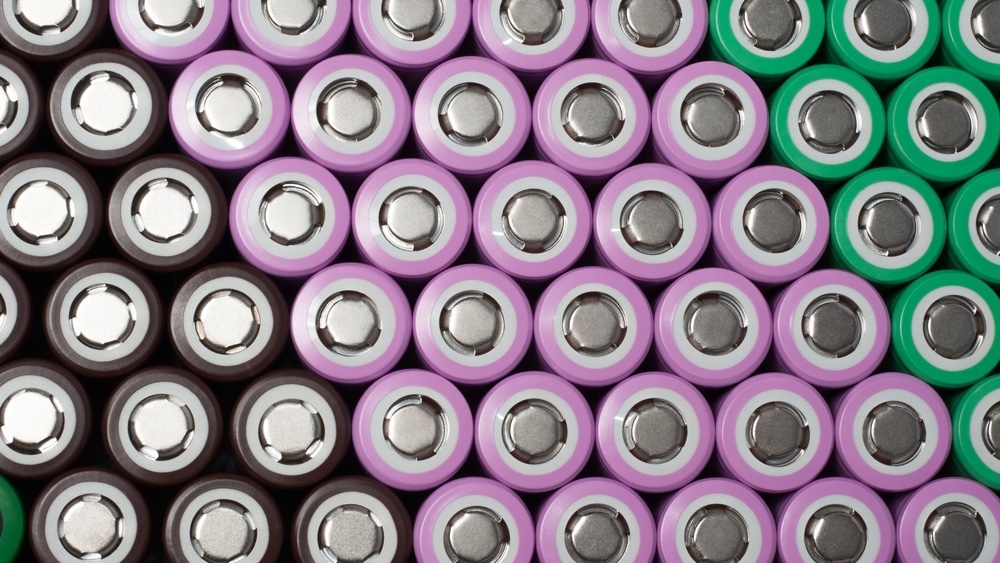
Researchers at the Oak Ridge National Laboratory and the University of Rochester, NY have developed a practical and inexpensive method of preventing fires in damaged or improperly packaged lithium-ion batteries.
“In a lithium-ion battery, a thin piece of plastic separates the two electrodes,” Gabriel Veith, PhD., the project’s principal investigator, said. “If the battery is damaged and the plastic layer fails, the electrodes can come into contact and cause the battery’s liquid electrolyte to catch fire.”
Current safety techniques require significant retooling of the current production process. Veith’s solution calls for mixing an additive into the conventional electrolyte to create an impact-resistant electrolyte. It solidifies when hit, preventing the electrodes from touching each other if the battery is damaged during a fall, thus preventing the battery from catching fire. Incorporating the additive would require only minor adjustments to the conventional battery manufacturing process.
The team exploited the shear thickening behavior of colloids by using perfectly spherical, 200-nanometer-diameter particles of silica suspended in common liquid electrolytes for lithium-ion batteries. On impact, the silica particles clump together and block the flow of fluids and ions. Veith’s solution also calls for changes in the production process for the batteries. The current process has an electrolyte injected into the battery case at the end of the production, and then the battery is sealed. “You can’t do that with a shear-thickening electrolyte because the minute you try to inject it, it solidifies,” said Veith. The researchers solved this by putting the silica in place before adding the electrolyte.
The group has plans to make a larger version of the battery, which would be capable of stopping a bullet. That could benefit soldiers, who often carry 20 pounds of body armor and 20 pounds of batteries when they’re on a mission.
“The battery would function as their armor, and that would lighten the average soldier by about 20 pounds,” stated Veith.
